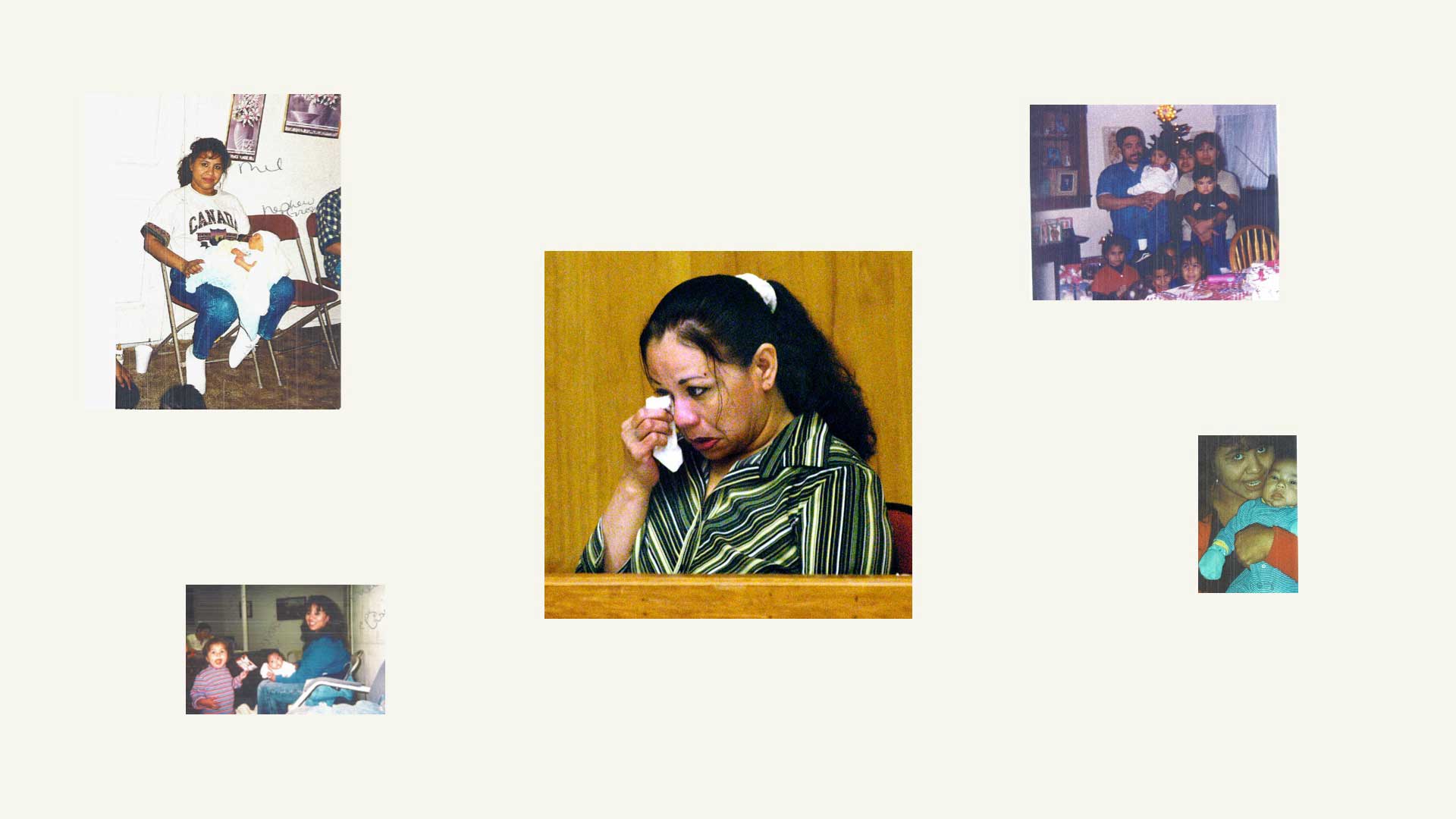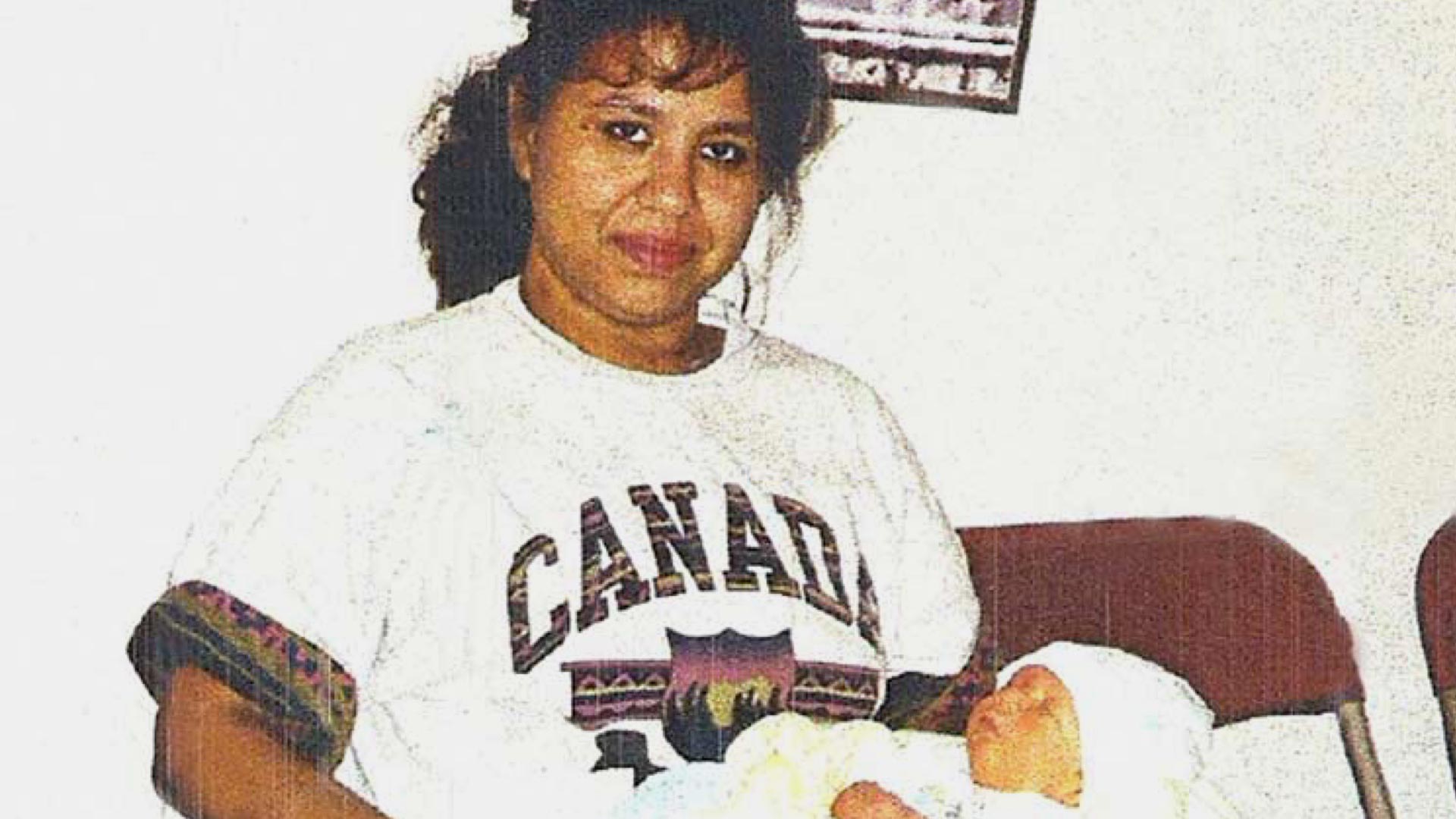“Texas law automatically disqualifies Judge Garcia and D.A. Saenz. And both circumstances constitute due process violations under the 14th Amendment,” Schardl added.
Melissa Lucio’s Motion to Disqualify or Recuse Judge Gabriela Garcia can be viewed here.
Melissa Lucio’s Motion to Disqualify the Cameron County District Attorney can be viewed here: here.
Ms. Lucio’s Motion to Disqualify or Recuse Judge Garcia states that Judge Garcia’s court administrator, Irma Gilman, worked on Ms. Lucio’s defense when she was a paralegal for Ms. Lucio’s lead trial counsel, Peter Gilman, her husband. (Judge Motion at p. 1.) The motion states that Mrs. Gilman necessarily learned confidential information while working as Mr. Gilman’s paralegal and that information, under Texas law, is imputed to Judge Garcia. (Judge Motion at p. 1.)
“Judge Garcia’s and D.A. Saenz’s roles in this case have the effect of obstructing Melissa Lucio’s access to evidence.”
Among other issues, the motion states, “Mrs. Gilman’s work on Ms. Lucio’s defense made her familiar with the files of defense counsel in Ms. Lucio’s trial. That knowledge makes Mrs. Gilman an important witness for Ms. Lucio as she investigates and presents grounds” for further litigation. (Judge Motion at p. 2.) If Ms. Lucio’s Motion to Disqualify or Recuse the Judge is granted, the judge will void the warrant for Ms. Lucio’s execution. (Judge Motion at pp. 7-8.)
In a separate motion, Ms. Lucio moves to disqualify District Attorney Saenz on the ground that Peter Gilman, who was Ms. Lucio’s lead defense attorney at her trial, now works for the District Attorney and has since 2009. Mr. Gilman’s dual role as an assistant district attorney and predecessor counsel for Ms. Lucio disqualifies the Cameron County District Attorney’s Office. (D.A. Motion at p. 4.)
The Motion to Disqualify the Cameron County District Attorney quotes the Texas Court of Criminal Appeals, “’If a prosecuting attorney has formerly represented the defendant in the ‘same’ criminal matter as that currently being prosecuted, he is statutorily disqualified.’ This has been called the ‘hard and fast rule of disqualification’ because when [an attorney] switches sides ‘in the same criminal case [there] is an actual conflict of interest [that] constitutes a due-process violation, even without a specific showing of prejudice.’” (D.A. Motion at p. 4.)(citations omitted.)
’If a prosecuting attorney has formerly represented the defendant in the ‘same’ criminal matter as that currently being prosecuted, he is statutorily disqualified.’
The rules of legal ethics also impose on Mr. Gilman a duty to cooperate with Ms. Lucio’s new counsel, which includes reviewing Mr. Gilman’s files to determine whether the D.A.’s office violated Ms. Lucio’s right to a fair trial by suppressing evidence of her innocence. Mr. Gilman has a conflict of interest because his current boss, D.A. Saenz, has pursued a policy of non-cooperation with Ms. Lucio’s current counsel. (D.A. Motion at pp. 11-13.)
On February 8, 2022, Ms. Lucio filed a motion, which is still pending, to withdraw her execution date because she is innocent, among other grounds. Ms. Lucio, a Mexican-American from the Rio Grande Valley, is on death row despite forensic and eyewitness evidence that her daughter died from a head injury after a fall. Mariah’s death was a tragic accident, not a murder.
At the time of her arrest, Ms. Lucio had no record of violence. Thousands of pages of protective service records and recorded interviews with her children show that Ms. Lucio was not abusive.
Hours after her daughter died, and while pregnant with twins, Ms. Lucio was subjected to a five-hour, late-night, carefully orchestrated, and aggressive interrogation until, physically and emotionally exhausted, she agreed to say, “I guess I did it.”
Lacking any solid physical evidence or eyewitnesses, the prior District Attorney, Armando Villalobos, characterized Ms. Lucio’s acquiescence as a “confession” and prosecuted her for capital murder. D.A. Villalobos, who initially hired Peter Gilman, was corrupt: he is now serving a 13-year federal prison sentence for bribery and extortion, according to the U.S. Department of Justice.
Ms. Lucio suffered a lifetime of sexual abuse, starting at just six years old, and domestic violence, which made her especially vulnerable to the intimidating, coercive, and psychological interrogation tactics that resulted in a false confession. Of the 67 women listed on the National Registry of Exonerations who were exonerated after a murder conviction, over one quarter (17/67) involved false confessions and nearly one third (20/67) involved child victims.


My son is in prison on a plea deal. There was a lot more to his case that didn’t get seen, or heard or investigated.
All across this country we see innocent people or people who were abused or pushed into plea deal, etc. just because of greed and lack of time in our court rooms. It’s absolute nonsense. Prosecutor’s, defender’s and judges should be liable and so should the state when someone is put in jail or prison with no substantial proof of guilt. Legislatures need to clean up the laws and their pay should be cut if they can’t show effective change and responsibility.
Parole boards need their pay decreased, they are not professional football players.
We need more responsible adults ready for changes for the positive and for the benefit of the community.